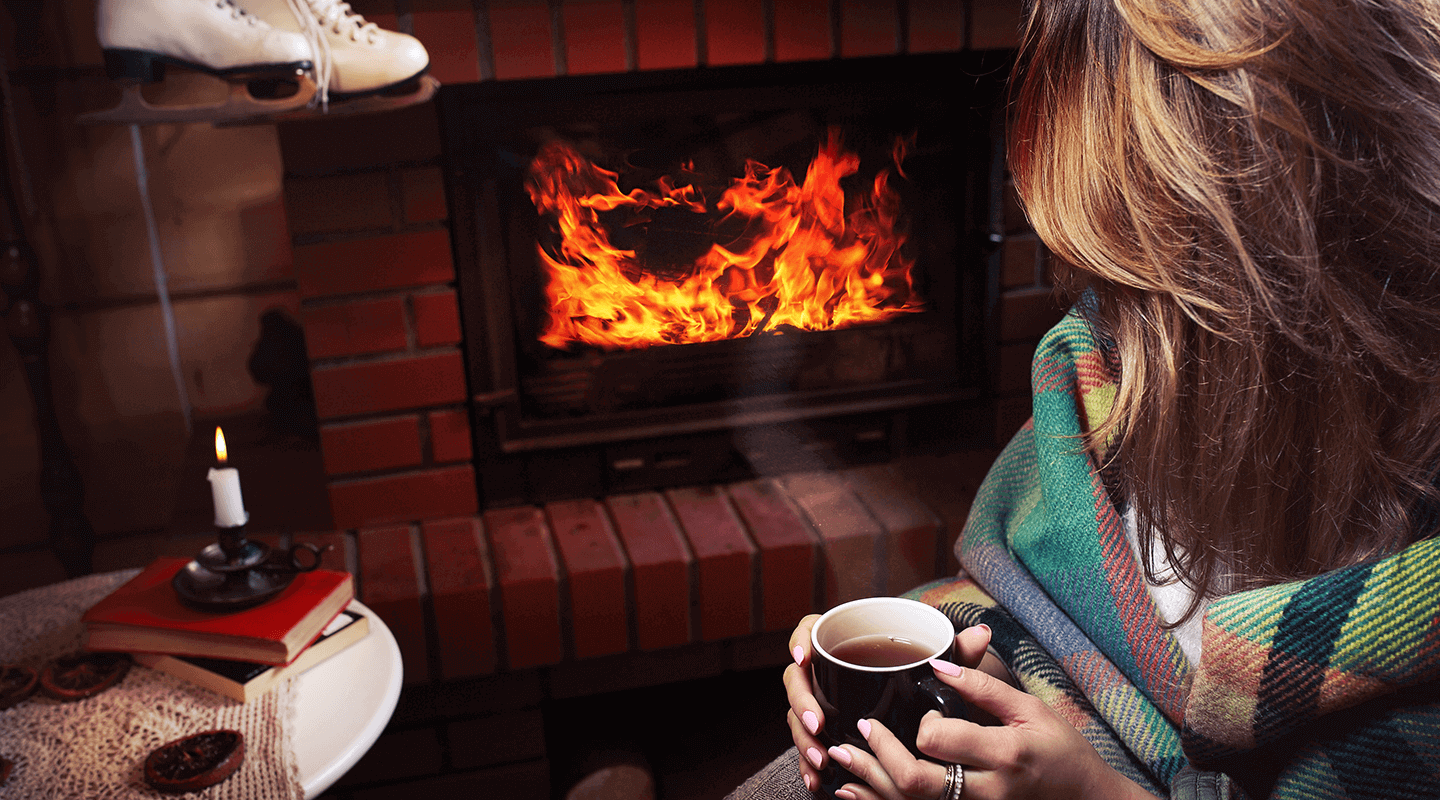De-Stressing the Holiday Season: 12 Tips for Happier Holidays
During the holiday season, people often find themselves feeling stressed and overwhelmed by a dizzying array of seasonal demands, including parties, shopping, baking, cleaning and entertaining. The holidays may also highlight family issues, conflicts, political differences, and loneliness. And, then there’s the challenge of excessive eating and financial concerns arising from unreasonable spending on gifts. So how can we enjoy ourselves, our family and our friends?
Jeffrey Borenstein, M.D., a Manhattan-based psychiatrist and President and CEO of the Brain & Behavior Research Foundation, outlines practical steps people can take to dial down their stress and anxiety during the season.
“With a little planning and some positive actions, you can minimize the stress that so often accompanies the holidays,” says Dr. Borenstein. “You may even end up enjoying yourself more than you thought you would!”
Give yourself a break. Make time for yourself and try simple activities that make you feel better. Exercise, for example, is a natural antidepressant that can lift your mood by boosting endorphins—natural chemicals in the body. You don’t have to run a marathon. Even a casual walk can be a big help. Find something that clears your mind, slows your breathing and restores inner calm.
Learn to say no. By saying yes when you should say no, you can feel resentful and overwhelmed. Friends and colleagues will understand if you can't participate in every project or activity or host a big holiday party at your home.
Forget perfection. Striving for perfection – the perfect tree, dinner, decorations, gift wrapping – can be anxiety-provoking and extremely stressful. Be kind to yourself by focusing more on enjoying time with yourself and others, and less on trying to have a storybook holiday season.
Be open to change. As families change and grow, traditions and rituals often change as well. Choose a few to hold on to and be open to creating new ones. For example, if your adult children can't visit, celebrate together in other ways, such as sharing pictures, emails or videos.
Set aside family differences. Try to accept family members and friends as they are, even if they don't live up to all your expectations. Set aside grievances until a more appropriate time for discussion. And be understanding if others get upset or distressed when something goes awry. Chances are they're feeling the effects of holiday stress also.
Acknowledge your feelings. If someone close to you has recently died or you can't be with loved ones, realize that it's normal to feel sadness and grief. It's OK to take time to cry or express your feelings. You can't force yourself to be happy just because it's the holiday season.
Connect with people you trust. If you feel lonely, seek out trusted friends, if possible, or attend community, religious or other social events that offer support and companionship. Volunteering your time to help others is another good way to lift your spirits.
Make a plan. Set aside specific days for shopping, baking, visiting friends and other activities. And make lists. That will help prevent last-minute scrambling. Ask family or friends ahead of time to help with party preparation and cleanup.
Stick to a budget. Before you go gift and food shopping, decide how much money you can afford to spend. Then stick to your budget. Don't try to buy happiness with an avalanche of gifts. Try alternatives, like donating to a charity in someone’s name, giving homemade gifts or starting a family gift exchange. Perhaps you and your family can agree to skip the gifts completely, and just enjoy fun times together during the season.
Maintain healthy habits. The temptation to cope by self-medicating, binge eating or excessive drinking coincides with the party spirit of the holidays, which can increase negative feelings. Try not to over-indulge. Alcohol, for example, is a depressant and can increase feelings of depression, stress, anxiety, and guilt. Consider these suggestions: Have a healthy snack before holiday parties so you don't go overboard on sweets or drinks; get plenty of sleep and drink plenty of water to stay refreshed.
Make realistic New Year’s resolutions. Most people don’t keep the resolutions they’ve made the year before. If you make a resolution, pick something realistic and short term – maybe something you can handle in the month of January – a simple goal you can achieve without adding more stress to your life.
Seek professional help if you need it. If despite your best efforts, you find yourself feeling persistently sad, anxious, irritable and hopeless, unable to sleep or face routine chores, seek help by talking to your doctor or a mental health professional.



